Revealed: Indian, Pakistani School KHDA Inspection Results 2018
SchoolsCompared.com – Exclusive look at Indian School KHDA results and Pakistani School KHDA results 2018
The annual KHDA School Inspection reports have been released for 2017-2018. Unlike 2016-2017, when the Outstanding and Very Good rated schools were not inspected as part of their involvement in a mentoring project for weaker schools, all thirty one established Indian and Pakistani curriculum schools were inspected in 2017 (with 3 newer schools not inspected). The inspected schools serve 78,575 students, and 69% of these are now in Good, Very Good and Outstanding Schools, compared to 45% in 2009-2010, the first year of inspecting Indian schools.
One school is now rated Outstanding, five are rated Very Good, 12 are rated Good, 10 rated Acceptable, with three rated Weak. 69% of students are now studying in schools rated Good or Better compared with 65% in 2016/17. Last year 15 schools were Good or better, this year, 18 schools are Good or better
Our article, Indian School Inspection Results – Look Beyond the KHDA Rating, explains the six key criteria upon which all schools are measured – 1. Students’ achievement, 2. Students’ personal and social development, and their innovation skills, 3. Teaching and assessment, 4. Curriculum, 5. The protection, care, guidance and support of students, and 6. Leadership and management.
Whilst these criteria form the basis of all school reports, a reading of the KHDA’s commentary on the inspection results suggests that the key to improvement lies in leadership. The KHDA notes that schools that show improvements in one of these key performance indicators – Leadership, Self-evaluation and Governance, and specifically their ability to evaluate accurately their own strengths and areas for improvement, are strong predictors of improvement in overall performance.
Two Pakistani schools were also inspected and results released with the Indian schools. Serving 2,830 students, both schools were found to have a Good level of students’ personal and social development, but both schools’ progress towards National Agenda targets was found to be below expectations and the schools were persistently weak in self-evaluation and governance.
Indian School KHDA results and Pakistani School KHDA results 2018 see the inspectors finding that there has been a strengthening in performance in English attainment, with 66% of schools now achieving a Good or Better rating. However, the KHDA specifically picked out the delivery of Arabic as an Additional Language as an on-going area of weakness, noting that this remains a key area for development. Performance in Arabic attainment (65%) and progress (64%) was rated Acceptable, whilst 27% and 14% of schools were rated weak. For Islamic Education, 46% were rated Acceptable whilst 1% was rated Weak.
In addition to the basic 6 Performance areas, schools were also judged by their performance in relation to several additional national priority areas:
Overall provision for achieving National Agenda targets meets or exceeds expectations in 77% of schools, compared to 58% last year. This criterion relates specifically to the requirement for all schools to participate in international benchmarking tests (PISA and TIMMS) and specifically for students in Grades 3, 4, 6 and 8 to participate in GL CAT IV (Cognitive ability) benchmarking tests. In addition, all students from Grades 3-9 were expected to participate in one benchmark assessment (either ASSET or ACER (ISA)) in Mathematics, Science and English.
In moral education, a new curriculum this year, schools are required to guide the development of morally mature citizens. UAE moral education is a nationwide curriculum built around four pillars: character and morality, the individual and the community, cultural studies and civic studies. The aims are to build character; instil an ethical outlook; foster community; and endear culture, using contexts that include the holistic environment of the school; the home and extended family; and the wider community, locally and globally. Irrespective of curriculum or levels of achievement, the UAE moral education programme is designed to unite schools by setting clear expectations for students’ behaviour and moral values and is viewed as a key part of students’ personal and social development. 10% of schools were already well-developed, a further 67% were developing, and in many schools, students cited moral education as their favourite lesson.
In UAE Social Studies, introduced in 2016/17, schools in Dubai are required to incorporate the Ministry of Education UAE social studies curriculum into their programmes of study. UAE social studies is a nationwide curriculum, providing students with in-depth knowledge, skills and understanding in UAE history, geography and civics, emphasising the links and relationships between diverse groups, people, science and society. 84% of schools were found to be well-developed or developing, with curriculum being the most developed aspect and assessment the least.
In relation to support of students with Special Educational Needs, a specific Policy Framework for which was introduced late last year, for the first time, the majority (58%) of Indian curriculum schools were judged as generating good or better progress for students of determination.
The UAE National Innovation Strategy aims to promote innovation in the education sector by introducing creative teaching methods and techniques, as well as designing and developing innovative curricula that equip students with the 21st century skills and knowledge. Almost all schools were found to be promoting a culture of innovation in some aspects of their curriculum or extra-curricular provision.
Overall, the KHDA found the results of the latest round of inspections to provide a positive picture of Indian schools, continuing the trend of year-on-year improvement. However, in finishing their overview of the results the KHDA noted that “The moral education programme emphasizes ‘resilience’ as one of its key concepts, and we urge schools to show resilience as they relentlessly sustain their pursuit of excellence, in the interests of our Dubai students”. It seems that the Regulator does not expect any school to rest on its laurels and expects all to continue to strive towards continuous improvement.
Below are the latest ratings, those of the previous academic year for each school. We have highlighted in Bold in the 2017-18 Rating column, those schools whose ratings have changed. To find out what the Inspectors had to say about What the Schools do best and Recommendations for Improvement, go here.




















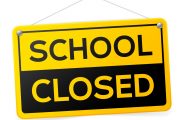
























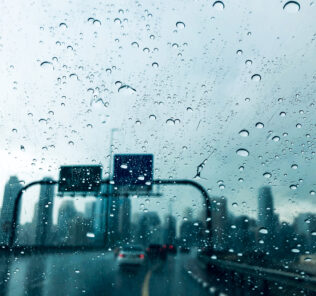
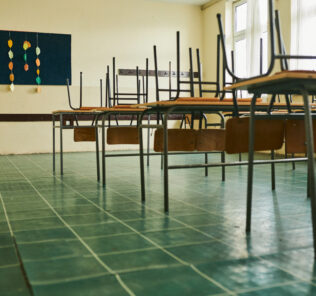
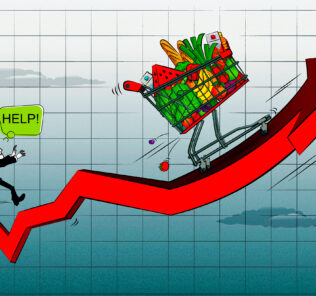
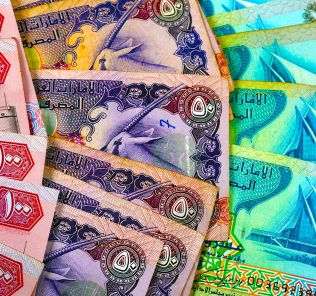
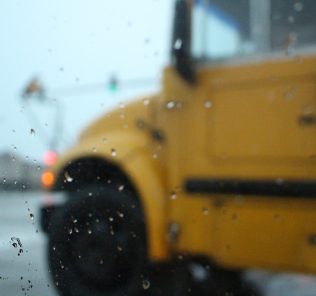
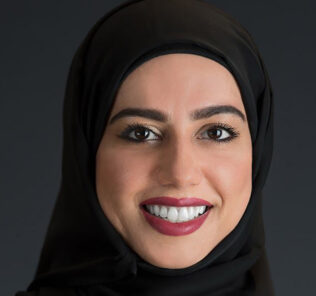
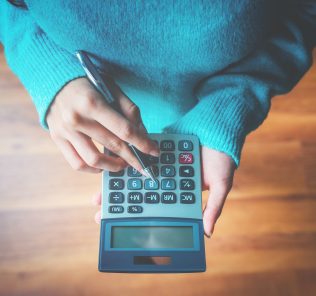
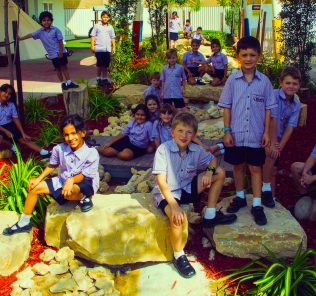
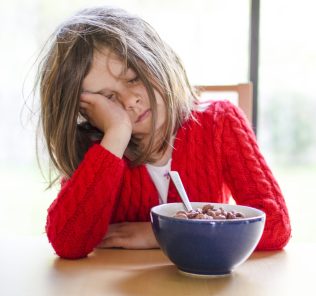

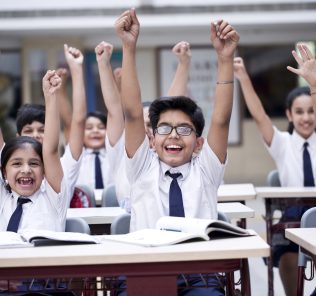

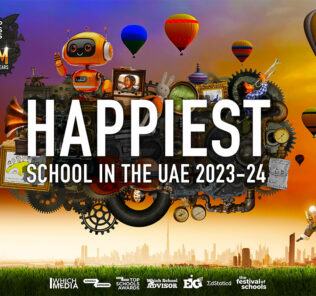














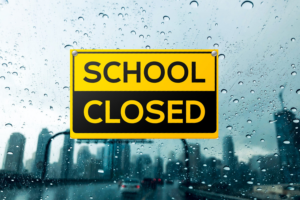
Leave a Response